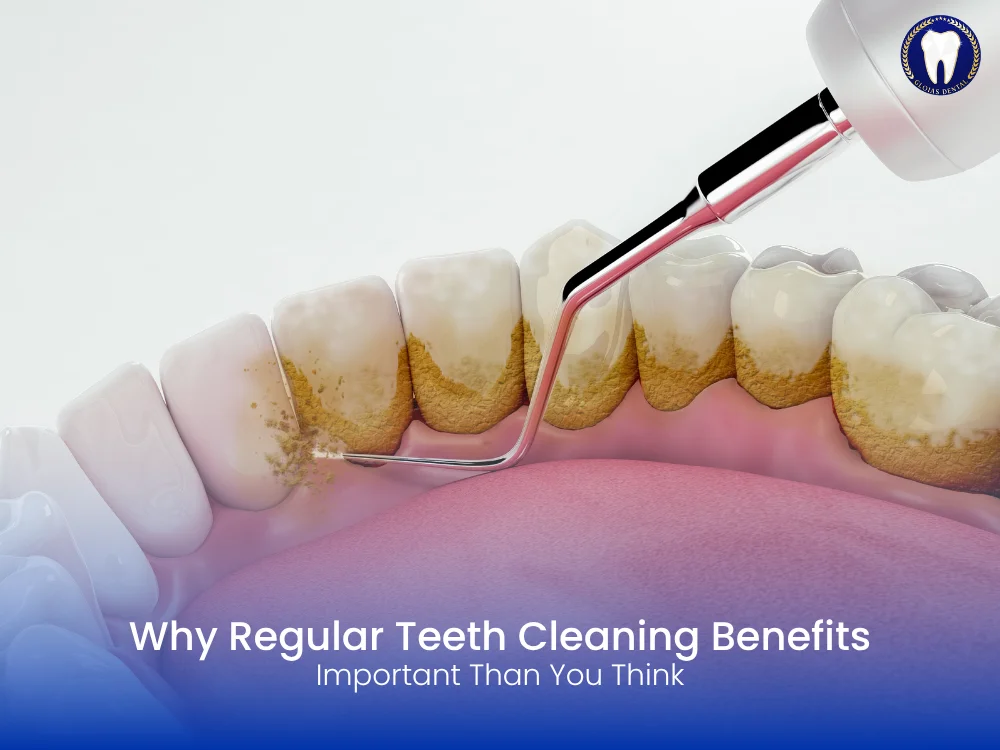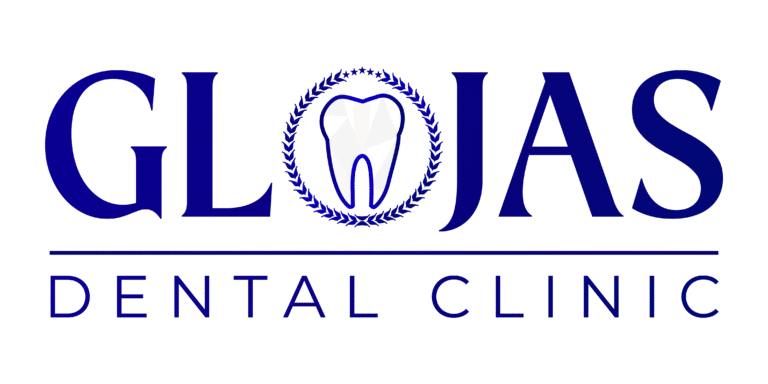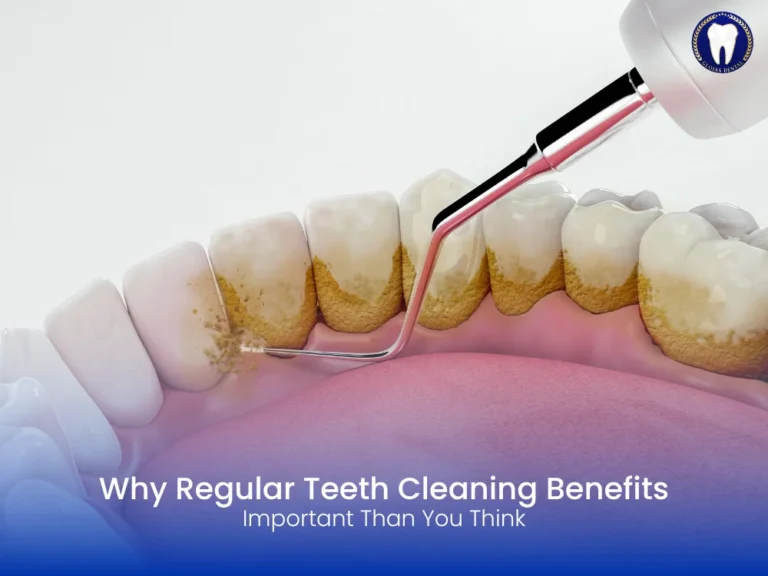Keeping your teeth clean isn’t just about having a pretty smile—it’s a vital part of your overall health. The teeth cleaning benefits go far beyond surface-level polish. From preventing cavities to potentially reducing risks of heart disease, regular professional dental cleanings – scaling and polishing kuala lumpur could be the missing link in your wellness routine.
Let’s explore the science-backed and expert-approved reasons why investing time in regular dental cleanings is one of the best things you can do for yourself.
Understanding the Real Teeth Cleaning Benefits
Cavity Prevention Starts With Clean Teeth
Plaque is a soft, sticky film of bacteria that forms on your teeth. If not removed, it hardens into tartar and eats away at tooth enamel, causing cavities. Routine teeth cleaning appointments help eliminate plaque and tartar in areas that regular brushing can’t reach, thereby significantly reducing cavity formation.
Early Detection of Oral Health Issues
During a professional cleaning, your dentist or hygienist doesn’t just polish your teeth. They also inspect your mouth for signs of issues like gum disease, oral cancer, or enamel erosion. This proactive approach allows for early intervention, which is often more cost-effective and less invasive.
Improved Gum Health
One of the key teeth cleaning benefits is healthier gums. Plaque buildup can irritate and inflame gums, leading to gingivitis and, if left untreated, periodontitis. Regular cleanings remove the irritants and allow gums to heal and reattach to clean surfaces, thus reducing inflammation and bleeding.

The Aesthetic Edge of Teeth Cleaning
Whiter Teeth, Naturally
No one likes yellow stains, especially when they’re caused by coffee, tea, or smoking. Professional cleaning uses tools that can remove surface stains, giving you a brighter, whiter smile without the need for chemical whitening products.
Boosted Self-Confidence
With fresher breath and a clean, white smile, your self-esteem gets a boost. This is one of the often-overlooked teeth cleaning benefits that can impact your social and professional interactions.
Systemic Health and Teeth Cleaning: The Hidden Link
Lower Risk of Heart Disease
Studies suggest that gum disease can increase the risk of heart conditions. The bacteria from inflamed gums can enter your bloodstream and lead to arterial inflammation, a key factor in heart disease. Regular cleanings help manage these bacteria and support heart health.
Control of Diabetes Complications
Gum disease can make it harder to control blood sugar, and vice versa. Teeth cleanings help control oral bacteria, which is essential for diabetics managing their glucose levels.
Reduced Risk of Stroke and Respiratory Issues
There’s emerging evidence that poor oral hygiene may increase the risk of stroke and respiratory infections. By ensuring your mouth is free of harmful bacteria through regular cleanings, you’re reducing risks to your lungs and brain as well.
Practical Benefits of Routine Dental Cleanings
Save Money in the Long Run
It may seem counterintuitive, but spending money on regular cleanings can actually save you thousands on restorative treatments like fillings, crowns, or root canals. Preventive care is always cheaper than emergency procedures.
Shorter Appointments Over Time
Consistent visits to the dentist reduce plaque buildup, meaning each session is quicker and more comfortable. There’s less scraping and fewer chances of discovering an unexpected issue.
The Psychological Advantage of Clean Teeth
Peace of Mind
Knowing that your teeth and gums are in good condition reduces health-related anxiety. This kind of reassurance, especially for those who fear dental issues, is invaluable.
Better Daily Oral Habits
People who get regular cleanings often become more invested in their oral care. They tend to brush and floss more consistently, use mouthwash, and avoid habits that lead to staining or decay.
How Often Should You Get Your Teeth Cleaned?
Most dental clinic recommend a cleaning every six months, although some patients with gum disease may benefit from more frequent visits. Personalized advice from your dentist is best, but twice a year is a solid rule of thumb for most people.
Teeth Cleaning Myths Debunked
“I brush and floss every day—I don’t need a cleaning.”
While daily care is essential, it can’t reach deep pockets or remove hardened tartar. Professional tools go where your toothbrush can’t.
“Teeth cleaning weakens your enamel.”
This is a myth. Modern dental cleanings are gentle and designed to protect your enamel, not damage it.
“It’s painful and not worth it.”
With today’s techniques and numbing agents, discomfort is minimal. Plus, the long-term benefits far outweigh the brief inconvenience.
Who Needs More Frequent Cleanings?
- Smokers
- Diabetics
- People with gum disease
- Pregnant women
- Those with weak immune systems
If you fall into one of these categories, ask your dentist about a customized cleaning schedule.
FAQs
1. What are the top teeth cleaning benefits?
They include cavity prevention, gum health improvement, fresher breath, brighter teeth, and reduced risks for heart disease and diabetes complications.
2. Is professional teeth cleaning necessary if I brush daily?
Yes, because even with daily brushing, you can’t remove all plaque or reach deep gum pockets where tartar accumulates.
3. Does dental cleaning hurt?
Most people experience little to no discomfort, especially with modern ultrasonic tools and numbing options.
4. How long does a dental cleaning take?
Typically, it takes between 30 to 60 minutes depending on your oral health.
5. Can teeth cleaning whiten my teeth?
While it doesn’t bleach your teeth, it removes surface stains, giving them a noticeably brighter appearance.
6. Are there risks associated with teeth cleaning?
When done by professionals, teeth cleaning is very safe. Some may experience temporary sensitivity, but it resolves quickly.

